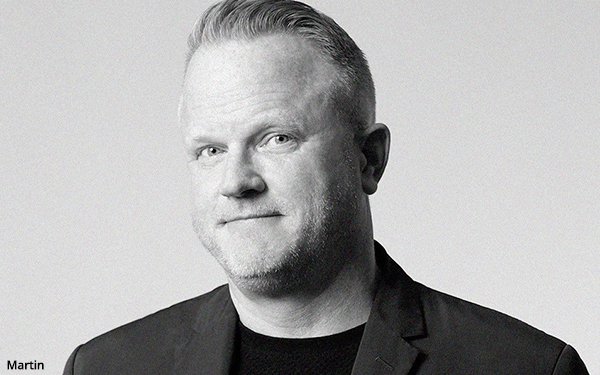
How consumers interact with shareable,
influencer media and information is evolving faster than at any time in the last 20 years. Cultural acceptance and changing media consumption behaviors have converged to make creator content not just
relevant, but essential. More than half of Gen Z and over 40% of millennials now find social content more relevant than traditional news, TV, or film. Nearly one in five U.S. adults regularly get news
from influencers on social media, and that number jumps to 37% among those ages 18 to 29. Sixty percent of consumers turn to social as entertainment, with short-form influencer content leading the
way.
These shifts have fundamentally redefined the marketing mix. Influencer marketing is a mature communications channel that has irrevocably fused the elements of
paid, owned, earned and shared/social media into one discipline. Influencers are working media. Their content performs better across paid placements than brand content, their content and conversations
become social proof points that land earned coverage, and their ability to lead and anchor social communities fuels the shared/social ecosystem helping activate participation and encourage engagement.
Owned media, once the home of websites and brand channels, is changing and expanding at such a rate that influencer content is an essential part of bringing to life effective content at every
touchpoint from retail media networks to OOH to social commerce.
advertisement
advertisement
The data backs it up. U.S. influencer marketing spend has exceeded $10 billion, with 86% of companies
calling it an essential full-funnel strategy. Twenty-six percent of global brands now allocate over 40% of total digital budgets to influencer content. Why? Because it works! Creators deliver
full-funnel outcomes specific to awareness, consideration, and ultimately conversion. Influencer marketing as a discipline has been professionalized and can be measured much in the same way paid media
can. The most effective programs treat it as media planning, not just talent casting. In fact, the best programs today actually mirror media planning by mapping cadence, content strategy, platform
features, amplification, and audience flow.
If “integrated marketing” is about building connectivity between tactics under one umbrella, its influencer
marketing and creator strategies that facilitate that better than any other element within the marketing mix. Influencer marketing is transcendent across the marketing mix, creating connectivity that
delivers amplified value. No matter how you define that value, it bridges disciplines, fuels participation, and ensures stories travel.
Influencer marketing is so much
more than the future of integrated communications, it acts as the operating system. The brands that treat it that way will lead the next generation of marketing, where credibility, creativity, and
community combine to move culture, brand reputation and commerce together.
If you’re interested in submitting content for future editions, please reach out to our
Managing Editor, Barbie Romero at Barbie@MediaPost.com.